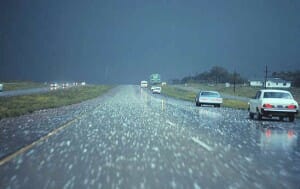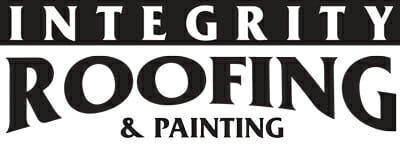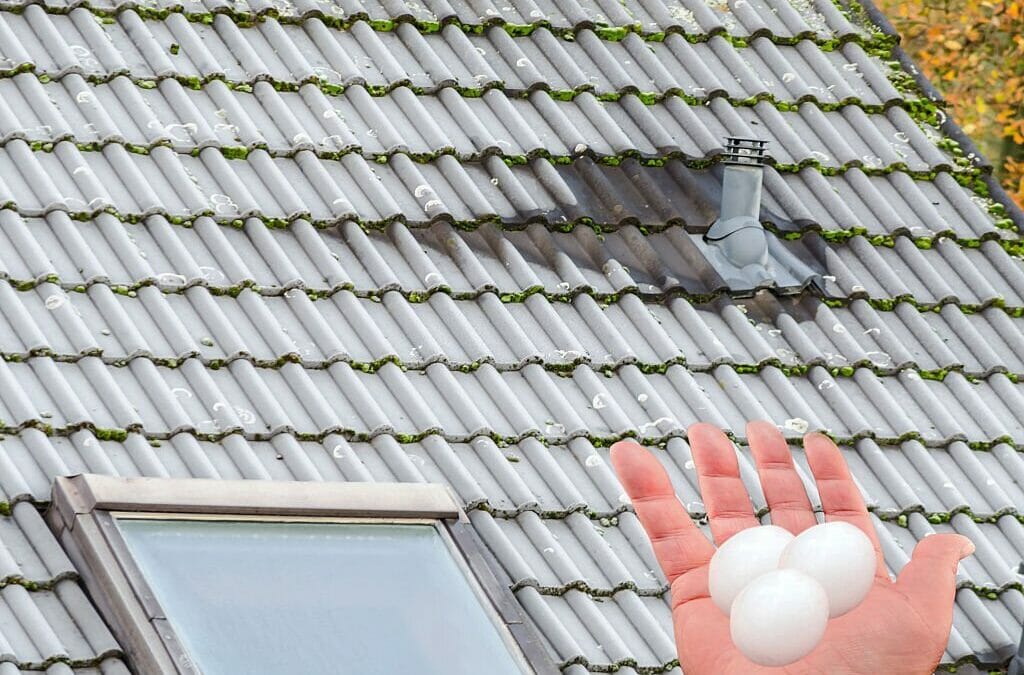Roofing System Suitable for Denver Hail

As we all know it, Colorado is prone to storms causing hail damage and other types of extreme weather conditions. Because of this, residents would like the roofs of their houses to have the strong ability to withstand blizzards, tornadoes, scorching heat and freezing cold. Most homeowners in the residential areas prefer rolled sheets for their roofing system. These roofs are made from fiberglass and coated with asphalt hence the durability and quality that it offers is unquestionable.
Every year, a lot of Denver hail storms are reported to cause serious damage to plenty of homes. However, homeowners are no longer shocked or surprised whenever the authorities would announce that a hailstorm is going to arrive. They understand that panicking will not help the situation. They also know that being prepared is the best way to face the harsh weather in Colorado. It is a mandatory task for every homeowner to regularly inspect their house if there is anything that needs to be repaired.
Basically, they need a kind of roof that will never give them a problem when a Denver hail storm attacks. Aside from this is crucial for the family’s safety and protection during unpredictable weather situations, having a low quality roofing system will cost them a great deal of money in terms of maintenance and repair. So, if you are planning to relocate in Denver, it would be smart to have a full understanding of the different types of roofs to choose from.
Oftentimes, Denver hail is the size of golf balls. So, if you are moving to Colorado soon, try to avoid flat roofs as much as possible as these are said to be highly susceptible to hail damage. This is not to say that all flat roofing systems do not have the ability to hold up impressively. There are just a few types of materials that you need to avoid.
First off, if you are building a house in a place where hailstorms have become a part of people’s lives, avoid rubber roofing. Rubber is elastic in nature but they usually need additional layers of insulation to finalize the roof system. This means additional cost and expenses on the owner’s part. Sometimes, professional help will also be needed to fasten the roofs with a screw.
Some residents have adopted a PVC roofing for their houses. But, PVC is quite brittle and oftentimes very thin hence hail can easily go right through it. The thinness of the material causes leaks and other water damages that will give you headaches during hailstorms. Of course, thick PVC is also available but these are usually much expensive thus impractical for a budgeted roofing system.
If you want a type of roof which has been tested to perform well during a Denver hail storm, rubberized asphalt is one of the best options. As the name suggests, rubber is mixed with asphalt to make the roof stronger. Rubber prevents the asphalt from drying up and cracking as years go by which results to a highly impervious roof. The need for replacing the roofs is rare as it usually last a lifetime.

